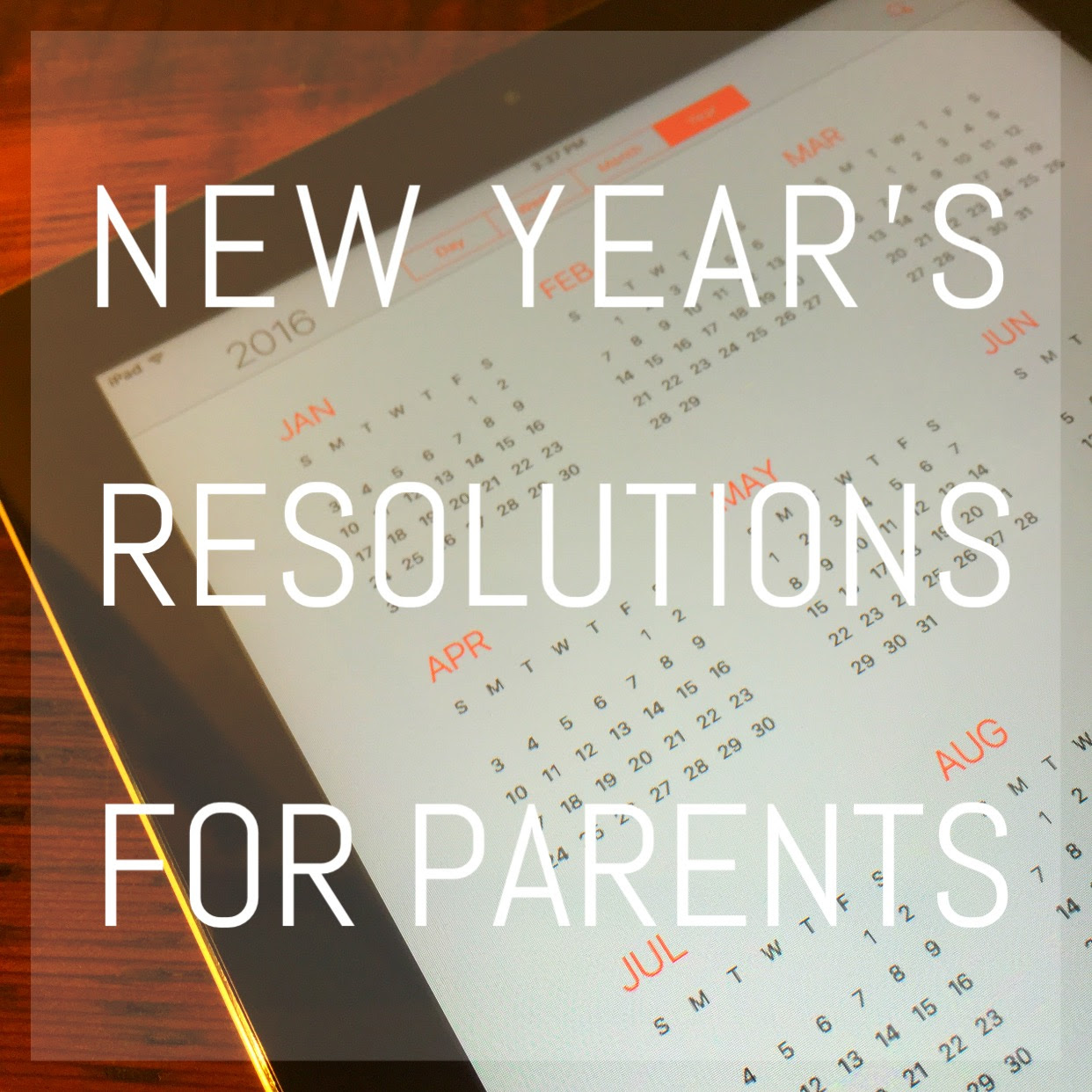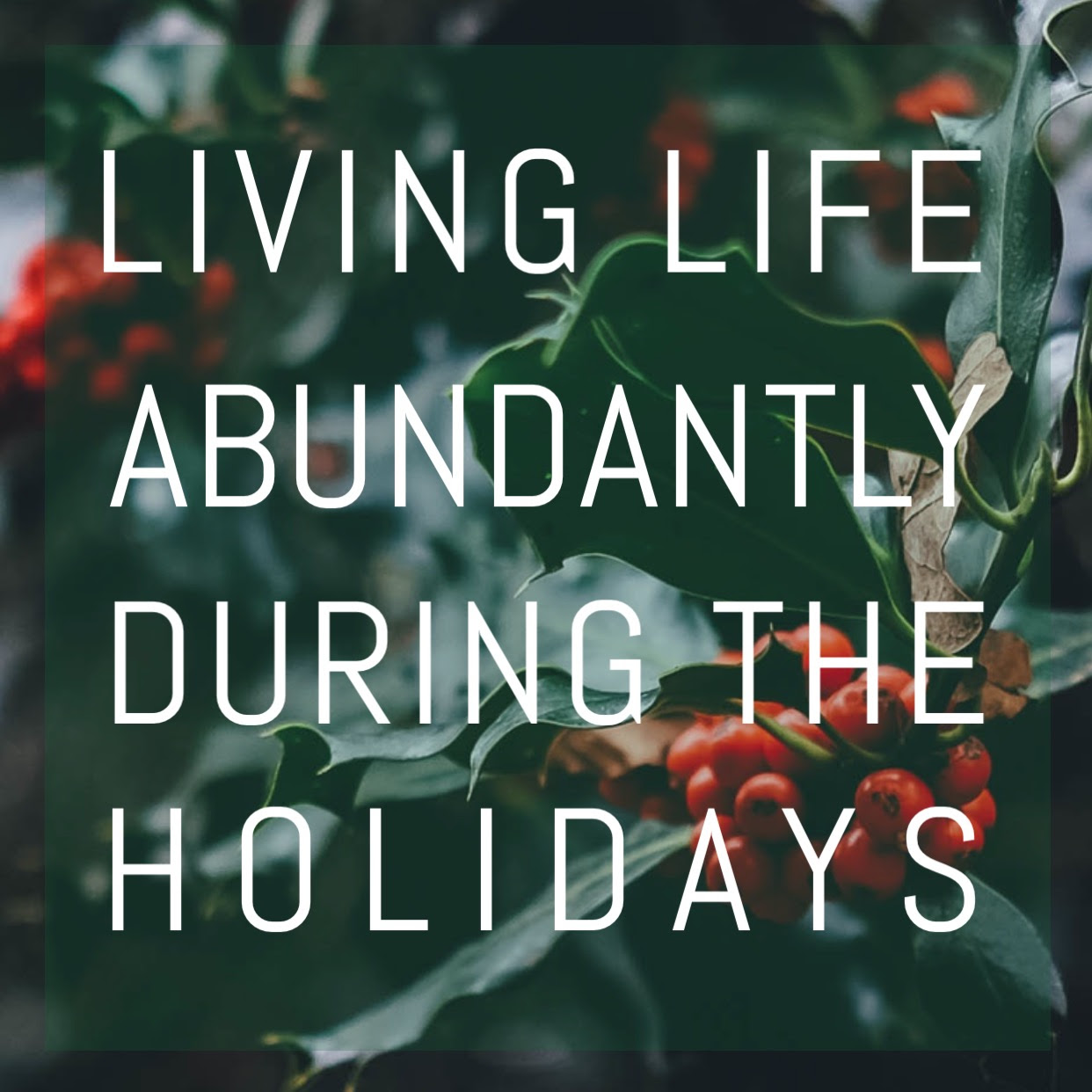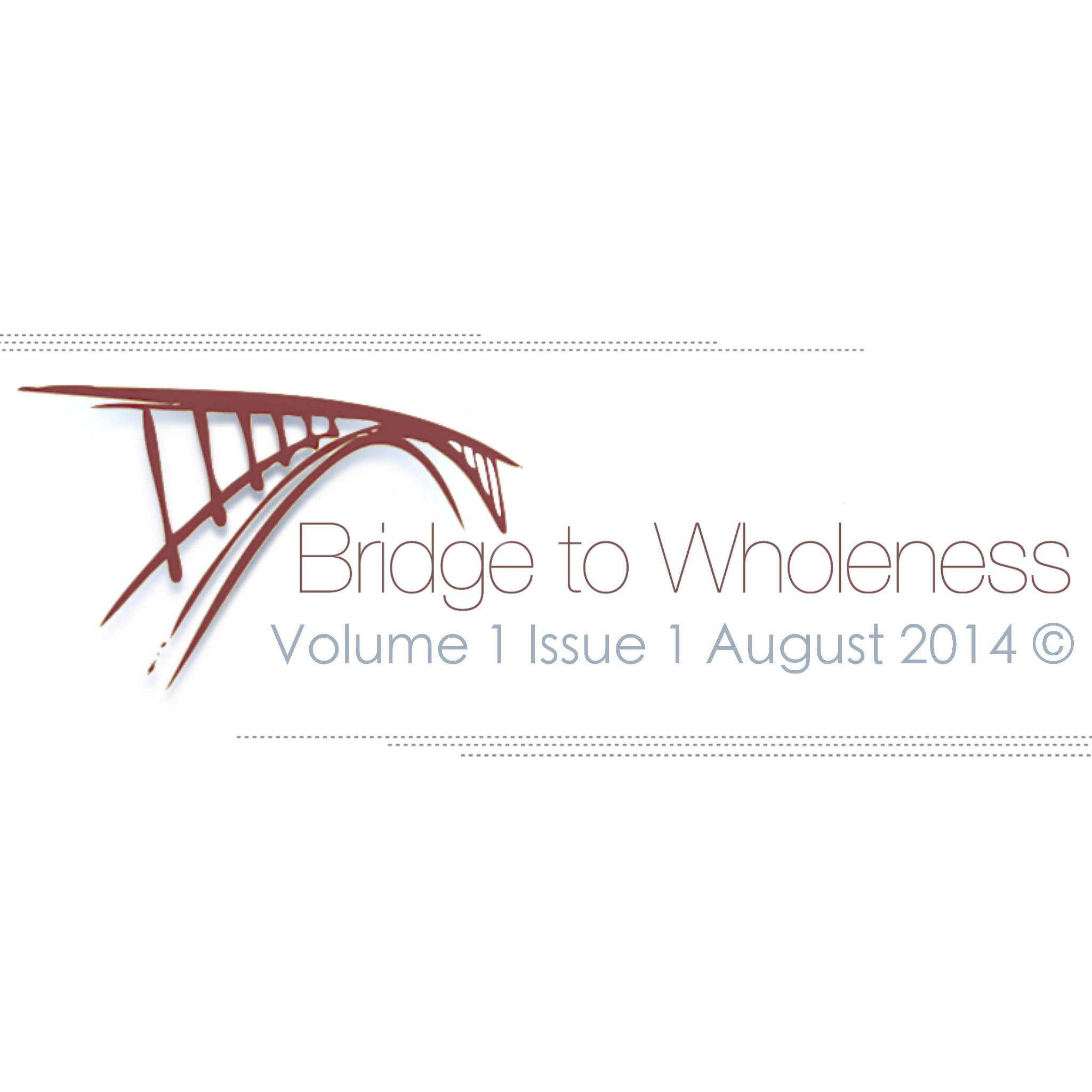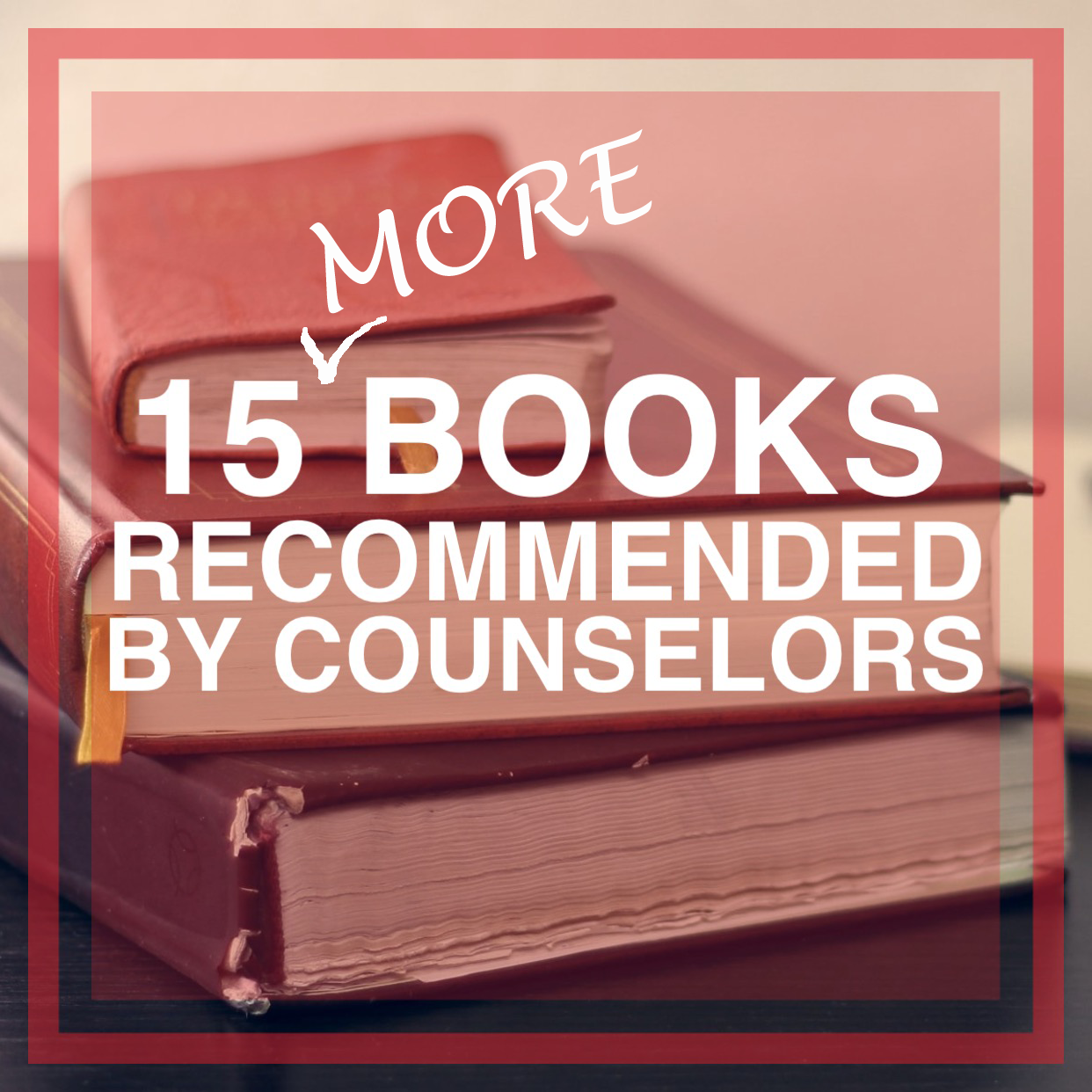
15 MORE Books Recommended by Agape Counselors
As promised last month, here is another list of books that our counselors recommend. There are many books out there that our counselors recommend to clients regularly. Below are 15 of the books that are on the list. Click on the pictures to view these books on Amazon.com Book Store.
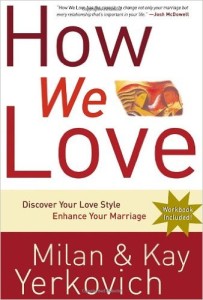 How We Love
How We Love
by Milan & Kay Yerkovich
This book, based on attachment theory, helps people understand how childhood experiences have shaped the way they approach adult relationships. It has a lot of examples to clarify points as well as a workbook to help people change what they want to change in themselves and their relationships. Recommend for couples.
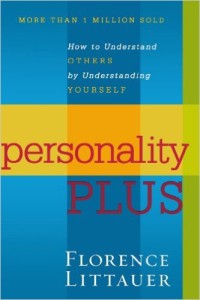 Personality Plus
Personality Plus
Also in this series: Personality Plus for Couples & Personality Plus for Parents
by Florence Littauer
This series is for people interested in learning more about the temperament of those they love so that they can understand and better relate to them.
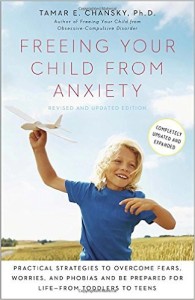 Freeing Your Child From Anxiety
Freeing Your Child From Anxiety
by Tamar Chansky
This book is a guide for parents that teaches how to help your child cope with, manage, and possibly overcome anxiety.
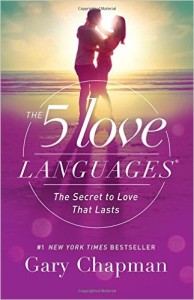 The 5 Love Languages
The 5 Love Languages
Also in this series: The 5 Love Languages of Children, The 5 Love Languages of Teenagers, & The 5 Love Languages Singles Edition
by Gary Chapman
This book series discusses practical and meaningful ways to express love in relationships.
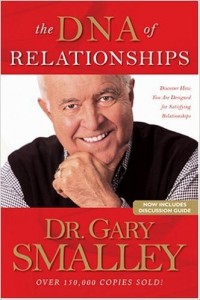 The DNA Of Relationships
The DNA Of Relationships
by Gary Smalley
Recommended for married couples who are working through relationship conflict. Discusses how to take personal responsibility, create safety within the relationship, and communication/conflict resolution.
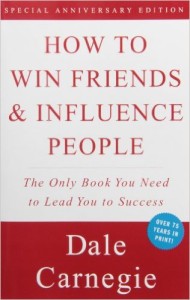 How to Win Friends and Influence People
How to Win Friends and Influence People
by Dale Carnegie
Recommended for anyone that struggles with communication or low self-esteem, this book teaches people skills and confidence.
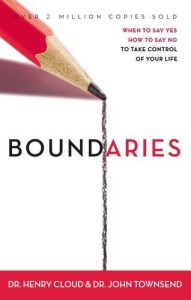 Boundaries
Boundaries
Also in this series: Boundaries in Marriage, Boundaries with Kids, & Boundaries In Dating
by Henry Cloud & John Townsend
Discusses how to set healthy relationship boundaries physically, emotionally, mentally, and spiritually. Teaches how to understand your own limitations, when it is okay to say ‘no’, and how to do so.
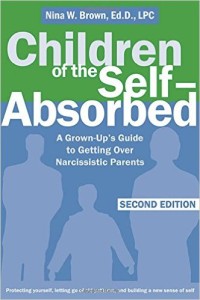 Children of the Self Absorbed
Children of the Self Absorbed
by Nina W Brown
For adults who had parents with narcissistic tendencies or disorders. This book is helpful for understanding and identifying narcissism and its effects, as well as practical applications for establishing a healthy relationship without becoming a victim to narcissistic behaviors of a parent.
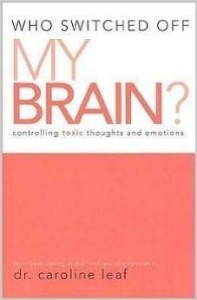 Who Switched Off My Brain?
Who Switched Off My Brain?
By Dr. Caroline Leaf
For overcoming negative thinking. According to this book, 87% to 95% of mental and physical illnesses are a result of toxic thinking. It gives practical ways of changing toxic thought processes to work towards emotional and mental wholeness.
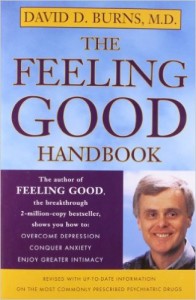 The Feeling Good Handbook
The Feeling Good Handbook
By Dr. David Burns
Another book that is helpful for overcoming negative thinking, this one addresses anxiety, phobias and panic attacks, depression, and more. Includes practical exercises in communication, relaxation, and becoming proactive in your life.
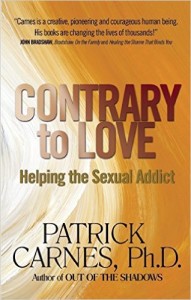 Contrary to Love
Contrary to Love
By Patrick Carnes
Helpful for understanding sexual addiction and intervention and treatment of sexual addiction. Also examines family structure, boundaries, attachment, and healing.
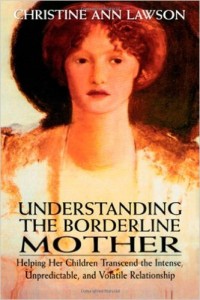 Understanding the Borderline Mother
Understanding the Borderline Mother
by Christine Ann Lawson
This book gives a very thorough explanation of Borderline Personality Disorder and its many facets, as well as giving practical guidance for coping with a parent who has BPD and for healthy management of the relationship.
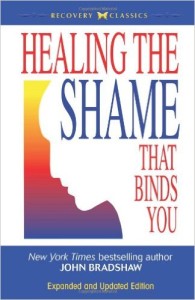 Healing the Shame That Binds You
Healing the Shame That Binds You
By Dr. John Bradshaw
Often, shame affects us more than we realize. This is a self-growth book that examines the causes behind shame in our lives, the effects of it, and how to overcome it.
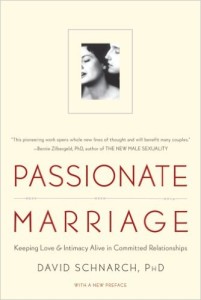 Passionate Marriage
Passionate Marriage
by Dr. David Schnarch
Gives practical applications for getting through conflict in marriage and strengthening the relationship, while reconnecting and creating intimacy.
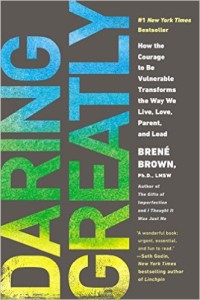 Daring Greatly: How the Courage to Be Vulnerable Transforms the Way We Live, Love, Parent, and Lead
Daring Greatly: How the Courage to Be Vulnerable Transforms the Way We Live, Love, Parent, and Lead
By Dr. Brené Brown
Discusses the power of vulnerability, while debunking the myth that to be vulnerable is to be weak and instead, teaching that to be vulnerable is to be courageous, allowing for more intentional and connected relationships.
